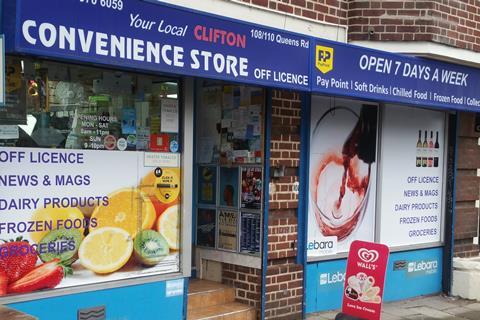
Convenience retailers are set to bear £666m in extra costs as a result of today’s budget, delivered by Chancellor Rachel Reeves.
The ACS said the impact would be felt “unevenly” across the UK’s 50,000 convenience stores.
Measures such as business rates relief and the increased Employment Allowance, for example, would mitigate costs for smaller independent stores, but provide no help for chains and larger independent businesses.
“Not all shops will be impacted the same,” said ACS CEO James Lowman. “The smallest retailers, with low NICs bills and lower rateable values for their shops, will benefit from the welcome increase in the employment allowance and the retention of 40% of the retail, hospitality and leisure business rates relief.
“Retailers with a larger store, a number of sites or those operating a chain, will receive limited benefit from these mitigations, and this will impact their ability to invest and to continue to offer services in the communities they serve.”
As projected, the national living wage rate will increase by 6.7% in April 2025 to £12.21 per hour, which means a pay boost for three million workers, while the national minimum wage, the 18-20 rate, will increase from £8.60 to £10 per hour.
This is expected to cost the convenience sector £7.74bn next year, an increase of £513m, according to ACS.
Changes to the employers’ National Insurance Contributions were set to add £85m to the convenience sector’s bill to £397m, with the rate set to rise from 13.8% to 15%, said the ACS. In addition, the threshold at which employers start paying NI on each employee’s salary would drop from £9,100 to £5,000.
Reeves, however, has thrown a lifeline to small businesses, with the Employment Allowance rising to £10,500 a year.
Meanwhile, retail and hospitality rate relief will reduce from 75% to 40% in 2025/26, up to a cap of £110,000 per business, while the small business multiplier will be frozen. This is still set to cost the sector an additional £68m to £267m.
“The cold hard facts are that the measures announced in the past 24 hours have added two-thirds of a billion pounds to the direct cost base of the UK’s local shops,” said Lowman.
“At a time when trade is tough and operating costs are stubbornly high, this will be challenging for our members to absorb and there will be some casualties on high streets and in villages and estates across the country.”
The sector has welcomed a new crackdown on shoplifting, with plans to pump extra funding into tackling organised criminal activity and scapping the ‘£200 rule’ in section 176 of the Anti-Social Behaviour, Crime & Policing Act. Since its introduction, which meant shop theft valued under this amount was considered a summary-only offence, it has consequently led to police taking no action for these incidences and given thieves “a licence to steal”, as criminology professor Emmeline Taylor said in House of Lords Justice and Home Affairs Committee in September.
Lowman added: “The Chancellor’s commitment to tackling shop theft will be warmly welcomed by our members, but they are interested only in action and in crime against their stores and their colleagues being tackled effectively. We stand ready to help implement a new, and better-funded strategy to stop shop theft, abuse and violence against our members.”







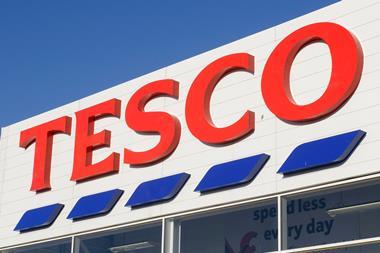

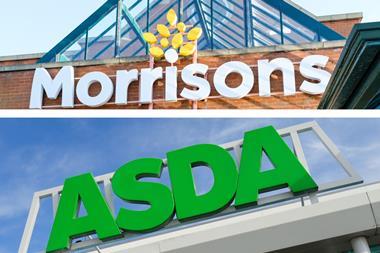
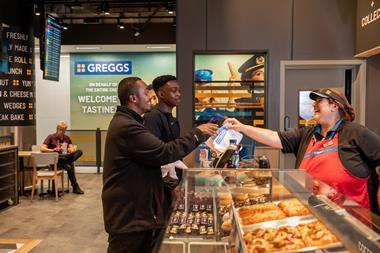

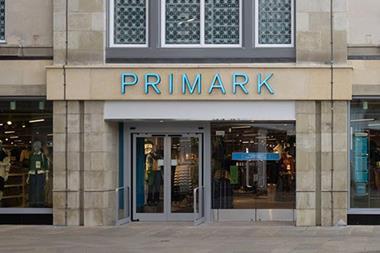
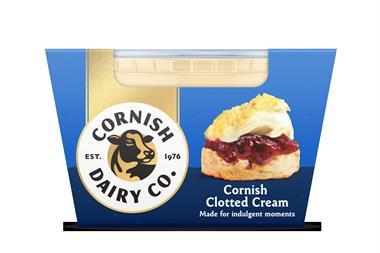
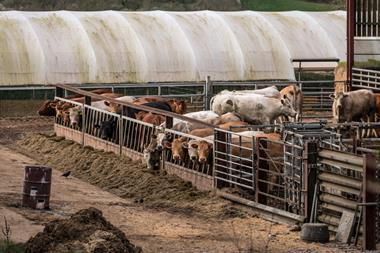


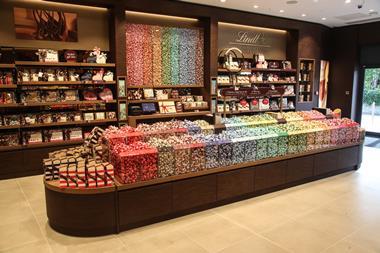

No comments yet